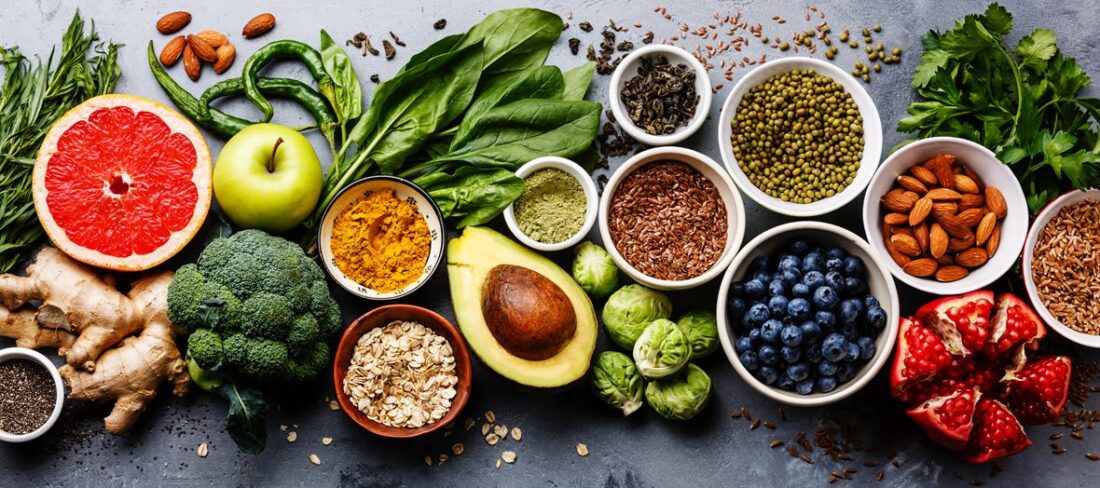Compulsive eating, or hunger for love
Compulsive eating is not just a food problem, it is not just a new code in DSM V, but it is a problem of soul, love, body, relationship with our own body and with ourselves…. with the child I was with and with the love received or not from the parents, but always desperately wanted…

… Like a mixed salad, compulsive eating is composed of anger, frustration, suffering, fear, sadness, despair, happiness, agony or ecstasy. Beyond the obsession with food, there is always a suffering, an unspoken drama, hidden, denied, minimized, locked up.
In order to get rid of this obsession, it is necessary that the sufferings, the wounds behind it can be spoken, understood, healed, so that this obsession can go its own way. Otherwise, it is just a way to stage our feelings, using our own body, abusing it, mistreating it, humiliating it, when he really only wants to love and live. beautiful !
Compulsive eating is part of the category of eating disorders, but it is much more common than anorexia or bulimia. People who have this behavior are often categorized as gourmands, without understanding that in reality we are talking about an important emotional problem. Devouring huge amounts of food, the person tries to fill himself, not with food, but with all those things that he feels deprived of: affection, tenderness, love, attention, time, friendship, etc.
Compulsive eating can be a way to hide, to deny emotional difficulties, undesirable feelings, emotional wounds, one's own vulnerabilities, frustrations, etc. The person who eats compulsively may feel a deep sadness or loneliness, and food plays a safe role, much safer than people: food is always there, at our disposal, do not judge, do not criticize, do not reject, do not take revenge, do not ask nothing in return…. people do it.
How do we differentiate between compulsive eating and a gourmet person? We talk about compulsive eating when food is used as a means of coping with emotional life, intense emotional feelings, whether pleasant or unpleasant, sadness or happiness, ecstasy or despair. We are talking again about an addictive behavior, food used as a drug, in order to escape the affections.
As with drugs (when the mesolimbic dopaminergic circuit is activated), the same cortical regions are activated during meals, but at a lower intensity. It seems that the level of dopamine released by the brain after consuming psychostimulants is 10 times higher than after a normal meal in conditions of hunger. The mesocortical dopaminergic circuit is known as the reward circuit, because we experience pleasure and well-being due to its activation. occurs during sex, eating, mothering activities done by the mother of her baby.
From a psychodynamic point of view, the purpose of addiction is to alleviate, comfort, calm an anxiety, a lack, repair, compensation through the addictive object (food in this case) of an absent or insufficient maternal function. A very recent study, published in 2014, shows that the emotions most strongly involved in the behavior of compulsive eating are: depression, stress, boredom.
We understand in this way easier that it takes a lot of will and courage to be able to express all these long hidden feelings, to be able to communicate and then develop these feelings, on the road to healing. Psychotherapy is essential in this endeavor, because the person who eats compulsively can only overcome this addiction by understanding the emotions, the feelings behind this behavior and discovering new ways to express them, to live them, to accept them.

